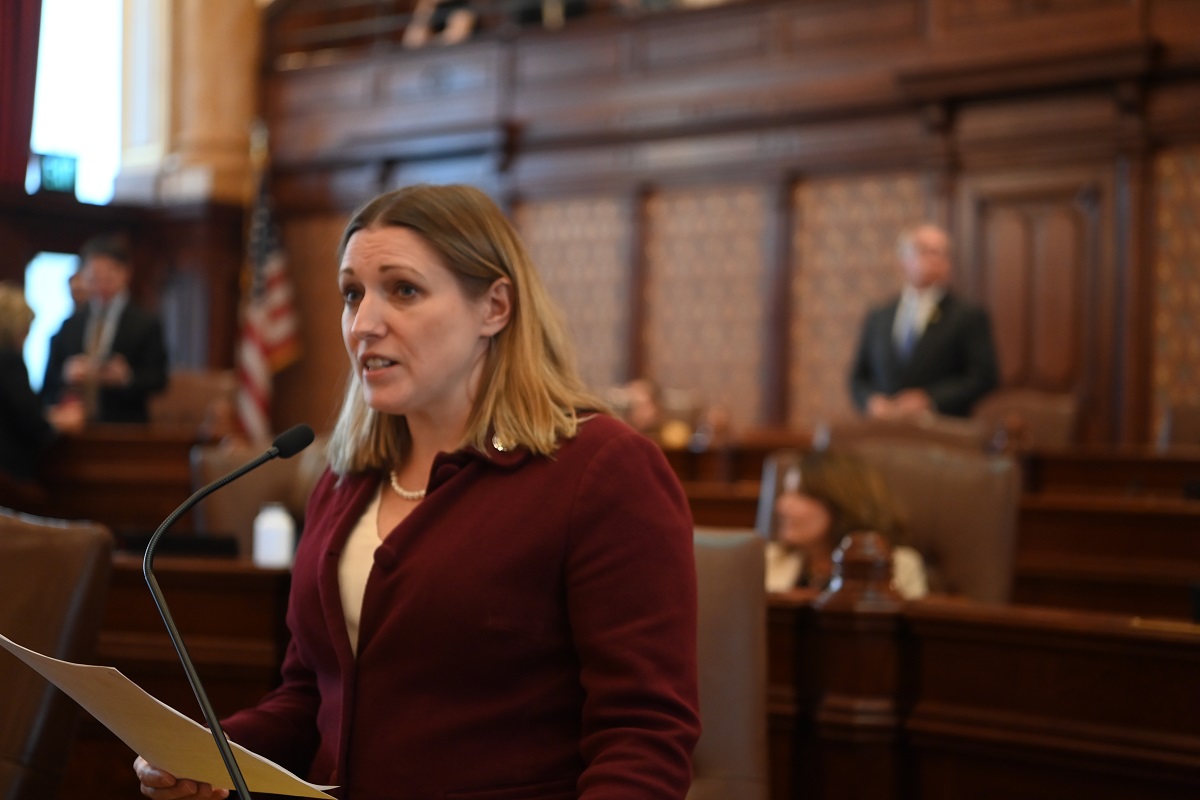 SPRINGFIELD — An initiative from State Senator Rachel Ventura aims to provide resources to minors involved with the juvenile justice system, making it clear the state is prioritizing rehabilitation.
SPRINGFIELD — An initiative from State Senator Rachel Ventura aims to provide resources to minors involved with the juvenile justice system, making it clear the state is prioritizing rehabilitation.
"It is vital that we view every young person as a child first and an offender second," said Ventura (D-Joliet). "Whenever possible, children should be diverted from the justice system early and provided with appropriate, trauma-informed supports, with removal from the home used only as a last resort."
The measure would create the youth nonviolent crime resource program – facilitated by the Illinois Department of Juvenile Justice – to provide resources to minors declared delinquent for nonviolent crimes. Resources would include mentoring, educational resources, employment training opportunities, behavioral health services and more. The bill would also create the Child First Reform Task Force, which would review and study the necessity of juvenile detention centers, complaints that arise out of juvenile detention centers in the state, and community-based alternatives to juvenile detention. Additionally, it would educate courts, law enforcement, community facilities, and all stakeholders on the unique needs of youths, and research-based best practices.
Ventura’s initiative is part of a larger bill sponsored by State Senator Robert Peters (D-Chicago) that would further reform the juvenile justice system by raising the age at which a minor may be detained from 10 years old to 12 years old in 2026 and then to 13 years old – in situations involving aggravated violence – in 2027. Through this measure, arrest would only be used as a last resort and under strict conditions, and minors can only be detained if there is probable cause to believe they are delinquent and that immediate and urgent detention is necessary, or if they have repeatedly failed to appear at scheduled hearings.
These changes are vital for Illinois’ youth, offering them the chance to thrive outside the confines of detention centers, and ensuring that their interaction with the justice system does not prohibit them from a healthy development and achieving important milestones.
“No child should have their entire future determined by incarceration in their youth,” said Ventura. “To give these young people their best chance of thriving later in life, we need to provide them with the tools they’ll need to succeed outside the justice system.”
House Bill 3492 passed the Senate Wednesday and heads to the House for further consideration.






